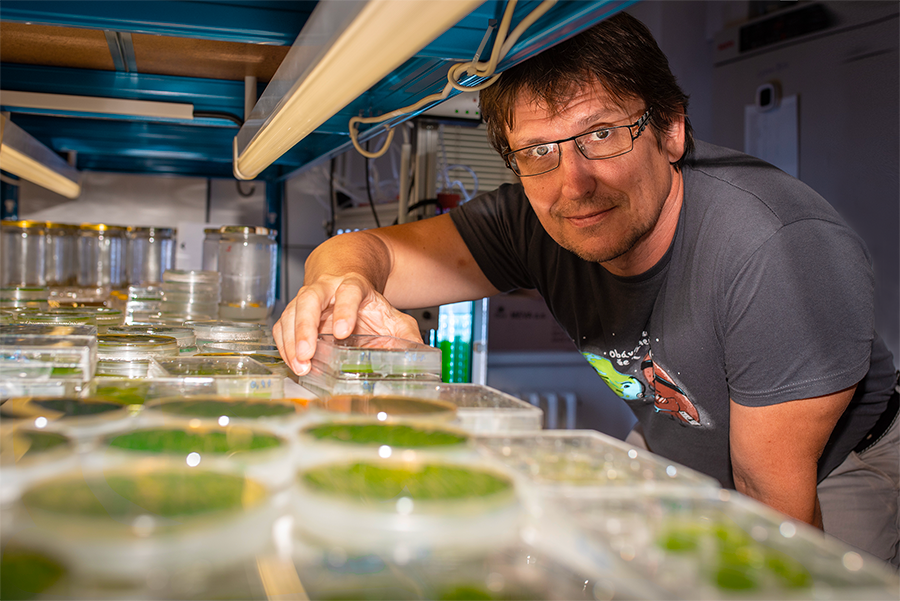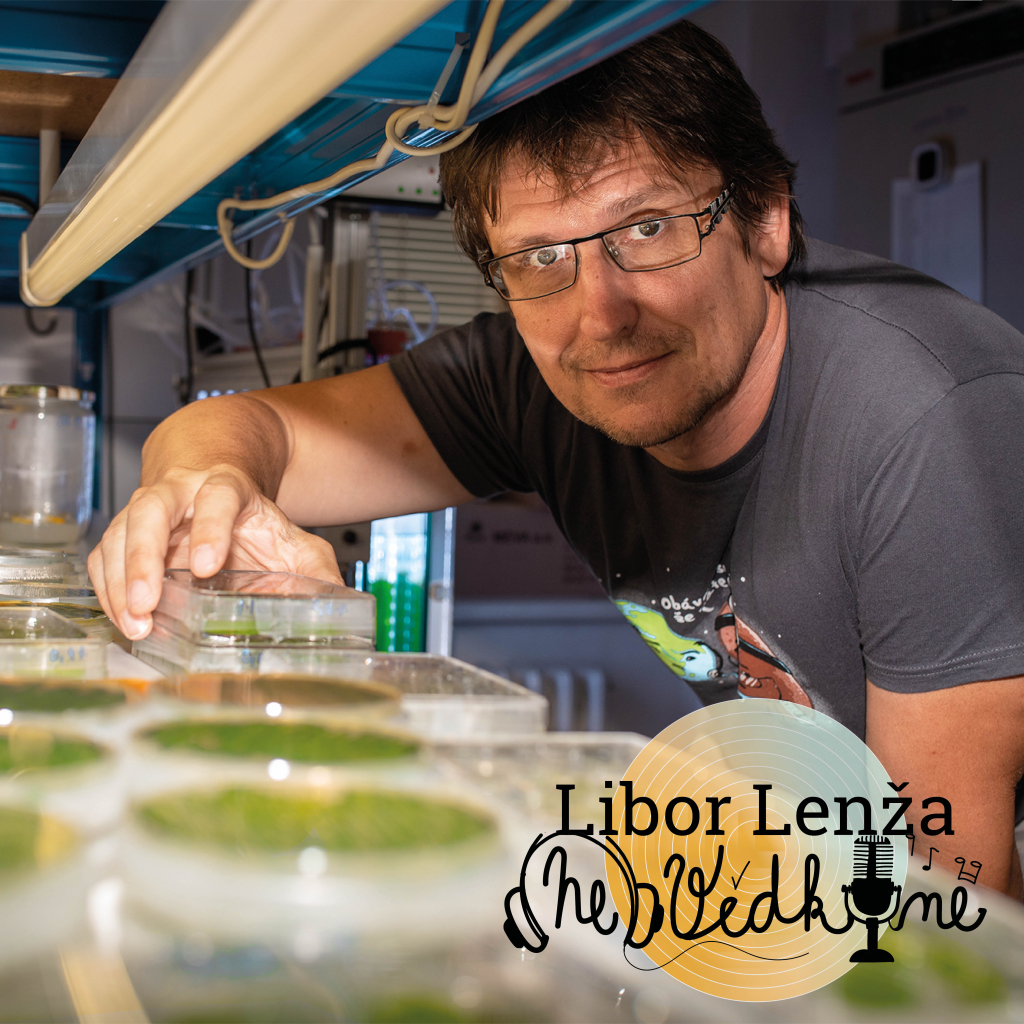
Thanks to the third part of the (Ne)Vědkyně podcast, which was created at our Department for the purpose of popularizing science and our scientists, we can meet another of our colleagues, Libor Lenža.
 Libor is a man of many jobs, interests and goals. He collaborates on many important projects, devotes himself to students, lectures for children and is a member of many organizations, even the director of the Observatory in Valašské Meziříčí. Thanks to Libor, we learned something about the universe, flights into the stratosphere, students and other fields. Here is just a small sample from the interview, which we will be happy if you could listen.
Libor is a man of many jobs, interests and goals. He collaborates on many important projects, devotes himself to students, lectures for children and is a member of many organizations, even the director of the Observatory in Valašské Meziříčí. Thanks to Libor, we learned something about the universe, flights into the stratosphere, students and other fields. Here is just a small sample from the interview, which we will be happy if you could listen.
What was your path to what you are doing today?
As a little boy, I wanted to be a wildlife hunter, I was inspired by Josef Vágner’s books. But when I understood that animals are better in the wild, I resented the profession. But it led me to my other hobby, namely construction, because I started designing zoos for myself. This hobby has not left me to this day. I believe that everyone should do what one enjoys and what one has a passion for. So it’s okay to study something we enjoy and add something to provide for us. I myself work in the fields of chemistry, astrophysics, design, education and others. I see the future of success in multidisciplinarity.
How did you actually get to our Department?
Thanks to the cooperation with mr. Kizek, who previously worked here, I had the opportunity to work with people here about ten years ago on a stratospheric project. I’ve been here somehow since then, and now I work as the head of the Space Agri Technologies lab. This lab primarily deals with microalgae, in which we see great potential in the future human settlement of other planets, specifically in the cultivation of plants and food in space.
Who do you have the opportunity to work with in your projects?
As part of, for example, flights into the stratosphere for the purpose of testing microalgae, which we have been working on for several years, we have the opportunity to cooperate with the Slovak Organization for Space Activities (SOSA). Among other things, this organization prepared and launched the first Slovak satellite, which was a huge success. The people from this organization are very capable and scientifically prepared to launch a stratospheric balloon, which they then find and analyze all the data collected from space.
Do you already see your students as your colleagues?
I perceive students not only as my colleagues, but also as a huge inspiration. Many young people are farther away today than I was then. Thanks to the students, I can suddenly think about what could be connected with what, how it could be done differently and better, and so on. This is also due to the fact that in our labs, students can deal with both chemistry and biochemistry, as well as the design of technologies and their development and testing. We therefore cooperate not only with chemists and biochemists, but also with technical engineers.
Do you lecture on topics such as space, planets and the like for children?
I like it because children need, just like us, great inspiration. And they need to receive this inspiration from an early age. Passing information on to others is a relatively simple thing, but passing on enthusiasm for knowledge to children and students is no longer so easy. And that is the most important thing.
Are you interested in Libor and do you want to learn something new? Listen to the whole interview on Spotify, Youtube, or right here: